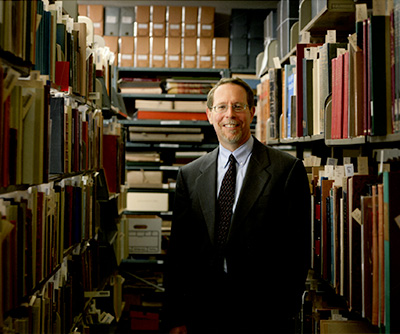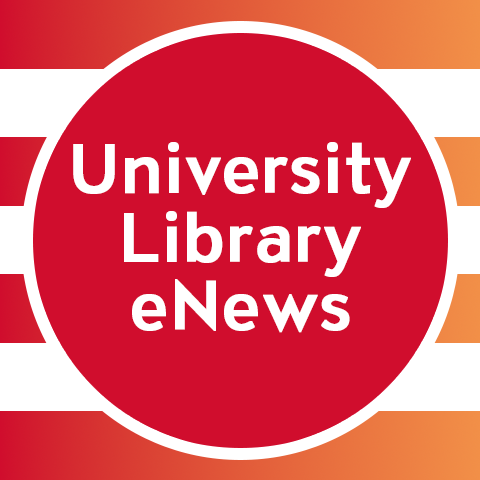Newsletter Edition: Spring 2020
Nelson Mandela, the great South African political leader and statesman once said: “Do not judge me by my success, judge me by how many times I fell down and got back up again.” And that is the essence of resilience: the ability to bounce back from adversity, not just once, but multiple times. Resilience is a core value for leaders at CSUN; an excerpt from the University’s Leadership Principles states that a leader at CSUN “perseveres even when faced with challenges or setbacks.” Perhaps we focus on it so much because it is in the DNA of our institution, going back to the Northridge earthquake of 1994.
As I write this, in April of 2020, Los Angeles (and the entire world) is engulfed in an unprecedented pandemic that is seemingly affecting almost every aspect of our lives. Those of us who are still fortunate enough to have jobs are working from home, with all the challenges that entails. We are often isolated, bound to our places of residence except for those rare trips to the grocery store where we must keep our distance from others and wear masks to protect our fellow shoppers. Some of us have fallen ill, and of that group, some have lost their lives. It is a time fraught with danger and fear.
But the employees of CSUN’s Oviatt Library have responded to this “season of stress” with a resilience that makes me proud to work at Cal State Northridge. We kept the physical library open until it was no longer safe to do so, providing computers to dozens of students who did not have appropriate devices, and then we seamlessly transitioned to a virtual model of service. Our reference librarians reached out to faculty members and students, offering online assistance with research questions and providing instruction via Zoom on how to use library databases, streaming media, and ebooks. Our staff worked from home to provide students and faculty with digitized journal articles and book chapters through interlibrary loan. Our reserve collection staff facilitated access to electronic textbooks that are needed by many of our students. Employees from all over the library labored from home to ensure that 90% of the information resources our students and faculty need were available, either through our own collections or the shared collections of other libraries or publishers. We were disappointed that the physical library needed to be closed, but in response we doubled down on our efforts to serve students and faculty in every way possible.

While the pandemic still rages, we nonetheless have learned valuable lessons from our experience thus far. These lessons are in the category of “common sense,” and not profound observations that could only be generated by an erudite mind. Still, resilience reminds us to keep these fundamental tenets at the forefront, lest we lose our way and skew our priorities.
First, though it may seem obvious in retrospect, we have discovered that almost any obstacle can be overcome. How does one keep a library running when no one is allowed in the building? That’s a huge undertaking, but thus far we have been able to provide nearly the same level of services in a virtual environment that we did in a physical one. Twenty-five years of investing in premier electronic resources and fifteen years of librarians offering online research assistance has ultimately paid off.
Second, we have never forgotten CSUN students are our top priority. A crisis magnifies our commitment to students’ needs. CSUN students are why we are all working at this great university, and the pandemic has helped us to focus our attention first and foremost on their academic success and well-being.
Third, we have discovered that no matter the severity of the emergency, life eventually returns to normal. As I write these words, normalcy is more aspiration than reality. Nevertheless, history teaches us that crises have an end point, and while we are proud to have demonstrated resilience during this international emergency, we will be very happy to return – eventually -- to our regular routines, our face-to-face library instruction, and opening up the building for all the additional in-person services and resources we can provide in a physical environment.
Seasons of stress, especially when the stressors are the results of an international pandemic, make it difficult to function using our “regular” skills and coping mechanisms. But these times of calamity can also bring out a rich reserve from within all of us, demonstrating that we are often capable of doing more than we think we can. Truer words were never spoken than those by the poet Maya Angelou, who once said that “My mission in life is not merely to survive, but to thrive; and to do so with some passion, some compassion, some humor, and some style.” May we all follow her example as we seek to come through these difficult times stronger than ever.
